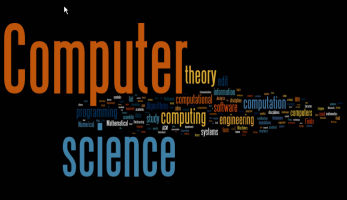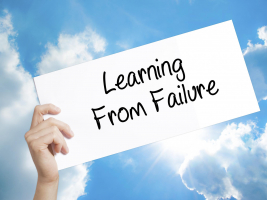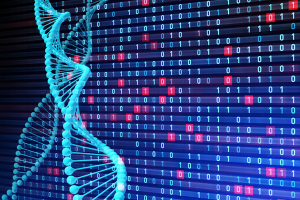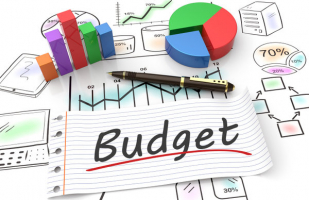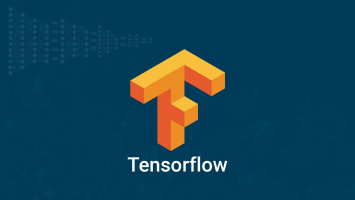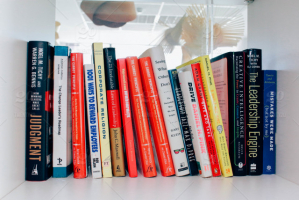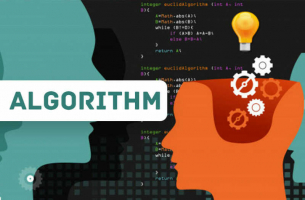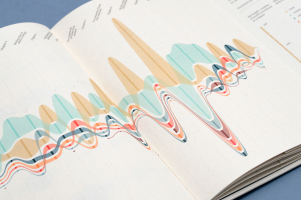Top 10 Best Books On Hematology
Hematology is the study of blood and its diseases. It is a vast subject that encompasses various sub-disciplines, including hemostasis, transfusion medicine, ... read more...and bone marrow transplantation. If you are a medical student, hematologist, or just someone interested in learning more about this fascinating field, you may be wondering where to start. In this article, we have compiled a list of the best books on hematology that cover the essential topics in the field, from basic principles to advanced concepts.
-
NHA Phlebotomy Exam Prep, authored by David Korn, is a comprehensive study guide designed to help students and healthcare professionals prepare for the National Healthcareer Association's (NHA) Phlebotomy Technician Certification Exam. The book provides a thorough review of key concepts and principles in the field of hematology, as well as practical guidance on phlebotomy procedures and techniques.
David Korn is a healthcare educator and author who has been teaching and writing about phlebotomy and other healthcare topics for over a decade. He has worked as a phlebotomist in a variety of settings, including hospitals, clinics, and laboratories. In addition to NHA Phlebotomy Exam Prep, he has authored several other books on phlebotomy and laboratory science.
The book begins with an overview of the basics of hematology, including the structure and function of blood, the different types of blood cells, and the principles of blood coagulation. It then covers a range of topics related to phlebotomy, including the proper techniques for venipuncture, capillary puncture, and blood collection from pediatric and geriatric patients.
In addition to its comprehensive content, NHA Phlebotomy Exam Prep also includes a range of study tools and resources to help readers prepare for the NHA certification exam. These include practice questions, flashcards, and a glossary of key terms and concepts.
Overall, NHA Phlebotomy Exam Prep is an essential resource for anyone seeking to become a certified phlebotomy technician. It provides a clear and concise review of key concepts and principles, as well as practical guidance on phlebotomy procedures and techniques. Whether you are a student preparing for the NHA certification exam or a healthcare professional looking to enhance your skills in phlebotomy, this book is a valuable resource that will help you succeed in your career
Author: David Korn
Link to buy: https://www.amazon.com/NHA-Phlebotomy-Exam-Prep-Certification/dp/B0BTS1DD9F/
Ratings: 5.0 out of 5 stars (from 235 reviews)
Best Sellers Rank: #26,660 in Books
#1 in Hematology (Books)
#129 in Study Guides (Books)

Photo by Karolina Grabowska from Pexels 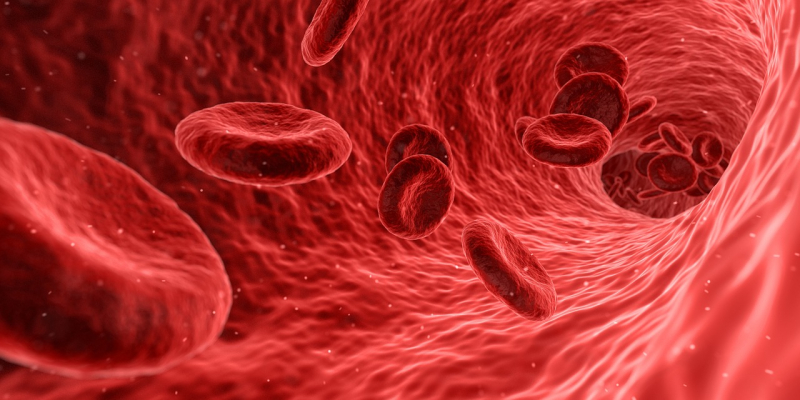
Image by Arek Socha from Pixabay -
"Heme Notes: A Pocket Atlas of Cell Morphology" is a highly regarded resource authored by Denise M. Harmening and Kathleen Finnegan. This book serves as a comprehensive and concise reference guide for the identification and interpretation of blood cells, making it an essential tool for hematologists, laboratory technicians, medical students, and anyone interested in hematology.
Denise M. Harmening is a renowned author and educator in the field of laboratory medicine, with over 30 years of experience in the industry. Kathleen Finnegan is also an experienced laboratory medicine professional and a respected educator. Together, they have created a comprehensive and accessible reference guide for hematologists and healthcare professionals.
"Heme Notes" provides a detailed guide to the identification of blood cells, including erythrocytes, leukocytes, and platelets, as well as the identification of abnormal cells. The book features high-quality illustrations and photographs that clearly depict cell morphology and help readers to recognize the different types of cells and their characteristics.
The pocket-sized format of the book makes it easy to carry and reference when needed, and the concise explanations and clear organization of the content make it easy to navigate and understand. The book also includes a section on laboratory techniques and procedures, including staining and microscopy, providing readers with a comprehensive overview of hematology laboratory procedures.
In summary, "Heme Notes: A Pocket Atlas of Cell Morphology" by Denise M. Harmening and Kathleen Finnegan is an invaluable resource for anyone seeking to expand their knowledge of hematology or improve their ability to identify and interpret blood cells. With its high-quality illustrations, concise explanations, and easy-to-use format, this book is a must-have reference guide for hematologists, laboratory technicians, medical students, and anyone interested in the field of hematology.Author: Denise M. Harmening and Kathleen Finnegan
Link to buy: https://www.amazon.com/Heme-Notes-Pocket-Atlas-Morphology/dp/0803619022/
Ratings: 4.7 out of 5 stars (from 299 reviews)
Best Sellers Rank: #116,377 in Books
#3 in Hematology (Books)
#22 in Medical Technology (Books)
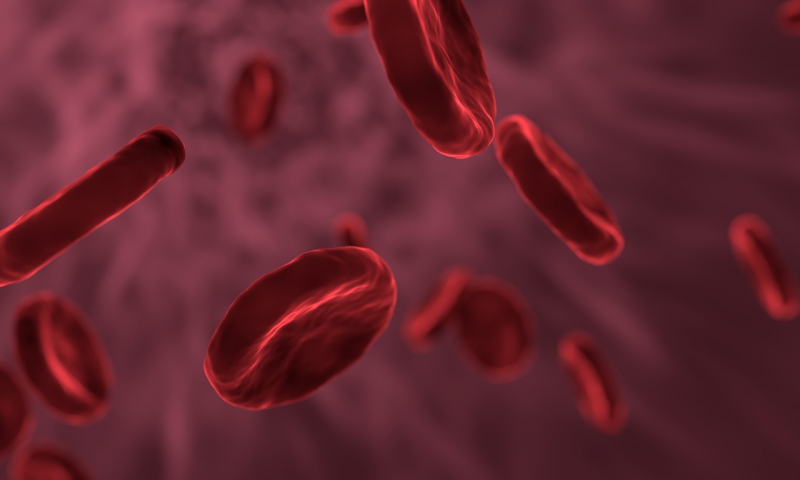
Image by allinonemovie from Pixabay 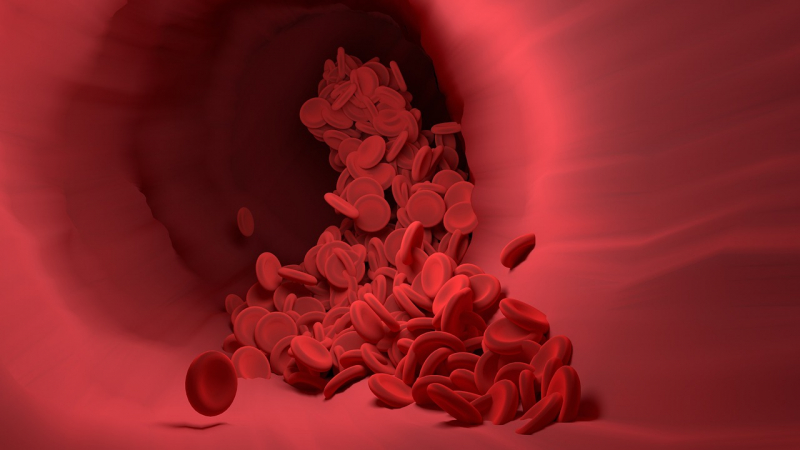
Image by Narupon Promvichai from Pixabay -
The Washington Manual Hematology and Oncology Subspecialty Consult is a comprehensive guide for physicians, residents, and medical students who specialize in hematology and oncology. Authored by a team of renowned experts, this manual provides a practical and up-to-date approach to the diagnosis and treatment of hematologic and oncologic disorders.
The book's editors, Drs. Amanda F. Cashen, Andrew Artz, and Brian A. Van Tine, are all distinguished physicians with extensive experience in the field of hematology and oncology. Dr. Cashen is an Associate Professor of Medicine at Washington University School of Medicine and a medical oncologist at the Siteman Cancer Center. Dr. Artz is a Professor of Medicine at the University of Chicago and a hematologist/oncologist at the University of Chicago Medicine. Dr. Van Tine is an Associate Professor of Medicine at Washington University School of Medicine and a medical oncologist at the Siteman Cancer Center.
In the introduction, the editors highlight the need for a practical and evidence-based approach to the diagnosis and management of hematologic and oncologic disorders. They emphasize the importance of interdisciplinary collaboration and communication among healthcare providers in order to provide the best possible care to patients. The manual is organized into chapters that cover a wide range of topics, including benign and malignant hematology, solid tumors, hematopoietic stem cell transplantation, and supportive care. Each chapter includes a concise overview of the relevant pathophysiology, diagnostic criteria, and treatment options, as well as practical tips for managing common clinical scenarios.
Among the best books on hematology, The Washington Manual Hematology and Oncology Subspecialty Consult is an invaluable resource for anyone involved in the care of patients with hematologic and oncologic disorders. Its comprehensive and practical approach, combined with the expertise of its authors, make it an essential reference for any healthcare provider in this field.
Author: Brian A. Van Tine MD and Amanda F. Cashen MD
Link to buy: https://www.amazon.com/Washington-Hematology-Oncology-Subspecialty-Lippincott/dp/1496328086/
Ratings: 4.8 out of 5 stars (from 118 reviews)
Best Sellers Rank: #302,255 in Books
#8 in Hematology (Books)
#198 in Oncology (Books)
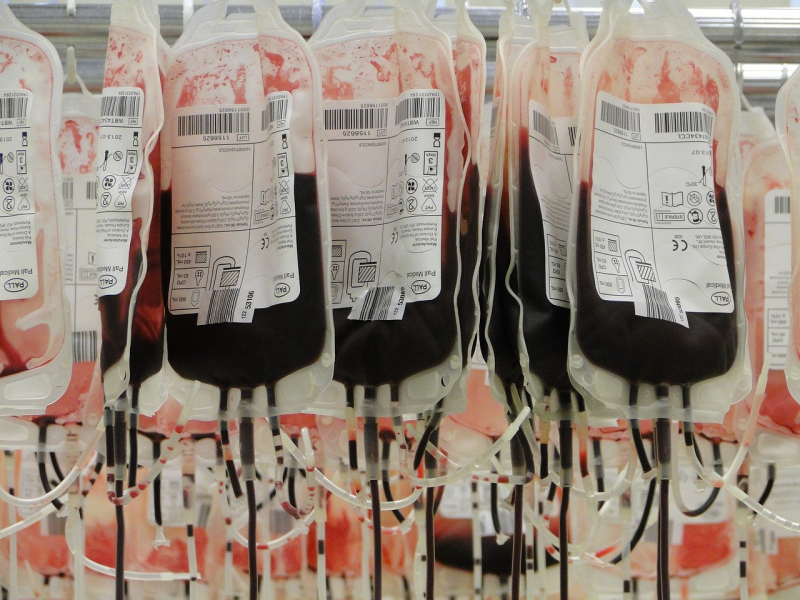
Image by sabin urcelay from Pixabay 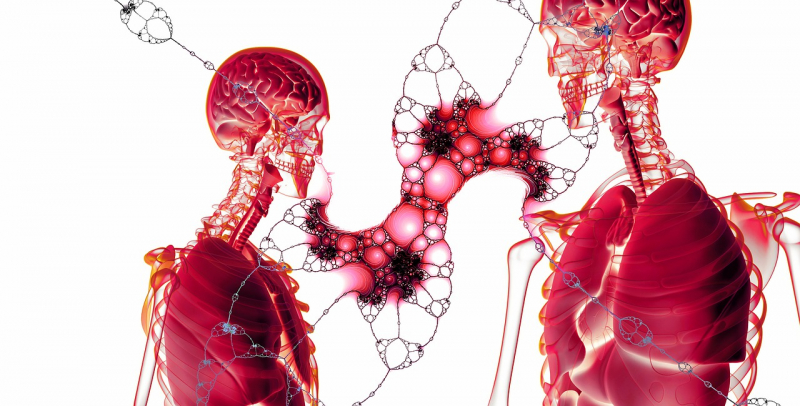
Image by Gerd Altmann from Pixabay -
Rodak's Hematology: Clinical Principles and Applications, 6th edition, is a comprehensive resource for healthcare professionals interested in the study and practice of hematology. Written by Elaine Keohane, Larry Smith, and Jeanine Walenga, this book provides a thorough exploration of the field of hematology, covering everything from the basics of hematopoiesis to the diagnosis and treatment of hematological disorders.
Elaine Keohane, PhD, MLS, SH(ASCP)CM, is a Professor Emerita at the University of Massachusetts Dartmouth, where she taught courses in hematology, immunology, and clinical laboratory science. Larry Smith, PhD, is a Professor of Pathology at the University of Rochester School of Medicine and Dentistry and an Associate Director of the Hematopathology Laboratory at Strong Memorial Hospital. Jeanine Walenga, PhD, is a Professor of Pathology at Rush University Medical Center in Chicago and the Director of the Special Coagulation Laboratory.
The book's introduction lays out the importance of hematology in healthcare, describing how the study of blood and blood-forming tissues is essential to the diagnosis and treatment of a wide range of diseases. The authors also highlight the various technologies and techniques used in hematology, including microscopy, flow cytometry, and molecular diagnostics, and provide an overview of the different types of blood cells and their functions. The introduction concludes with a discussion of the book's organization, which is designed to provide readers with a clear and concise understanding of the key concepts in hematology.
Overall, Rodak's Hematology: Clinical Principles and Applications is an essential resource for healthcare professionals interested in the study and practice of hematology. With its comprehensive coverage of the field and clear, accessible writing style, this book is sure to be a valuable addition to any medical library.
Author: Jeanine M. Walenga PhD MLS (ASCP) HCM, Larry Smith and Elaine M. Keohane PhD MLS
Link to buy: https://www.amazon.com/Rodaks-Hematology-Clinical-Principles-Applications/dp/0323239064/
Ratings: 4.6 out of 5 stars (from 117 reviews)
Best Sellers Rank: #416,051 in Books
#11 in Hematology (Books)
#75 in Medical Technology (Books)
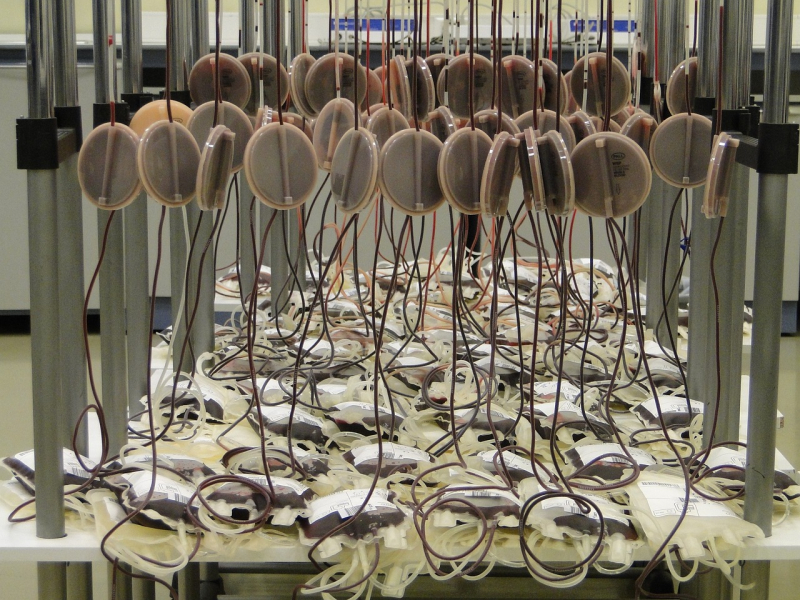
Image by sabin urcelay from Pixabay 
Photo by Karolina Grabowska from Pexels -
Clinical Hematology and Fundamentals of Hemostasis, one of the best books on hematology, is a comprehensive textbook written by George A. Fritsma and Denise M. Harmening. The book covers the study of blood and its disorders, including the various tests and procedures involved in hematology and hemostasis.
George A. Fritsma is a medical laboratory scientist and an expert in hemostasis, coagulation, and platelet physiology. He has authored over 100 peer-reviewed publications and has received numerous awards for his contributions to the field. Denise M. Harmening is also a medical laboratory scientist and an expert in hematology and laboratory management. She has authored several textbooks and has received numerous awards for her teaching and research.
The book's introduction highlights the importance of hematology and hemostasis in modern medicine, as well as the need for a comprehensive textbook that covers both fields. The authors explain that the book is designed for students in medical laboratory science programs, as well as healthcare professionals who need to understand the principles of hematology and hemostasis.
The book is divided into two parts, with the first part covering the basic principles of hematology and the second part focusing on hemostasis. The chapters are organized in a logical and easy-to-follow manner, with each chapter building on the knowledge presented in the previous chapters.
Clinical Hematology and Fundamentals of Hemostasis is a valuable resource for anyone studying or working in the field of hematology and hemostasis. It provides a comprehensive overview of the subject matter and is written in a clear and concise manner that is easy to understand.
Author: Denise M. Harmening PhD MT (ASCP)
Link to buy: https://www.amazon.com/Clinical-Hematology-Fundamentals-Hemostasis-Harmening/dp/0803617321/
Ratings: 4.6 out of 5 stars (from 152 reviews)
Best Sellers Rank: #479,561 in Books
#13 in Hematology (Books)
#90 in Medical Technology (Books)
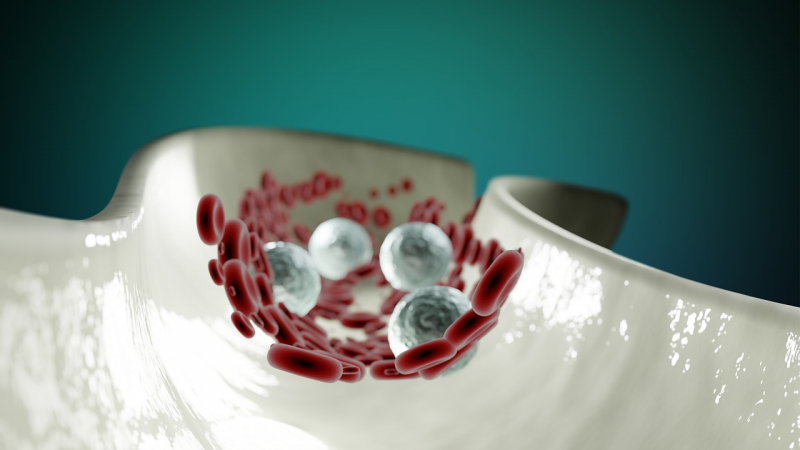
Image by Lakshmiraman Oza from Pixabay 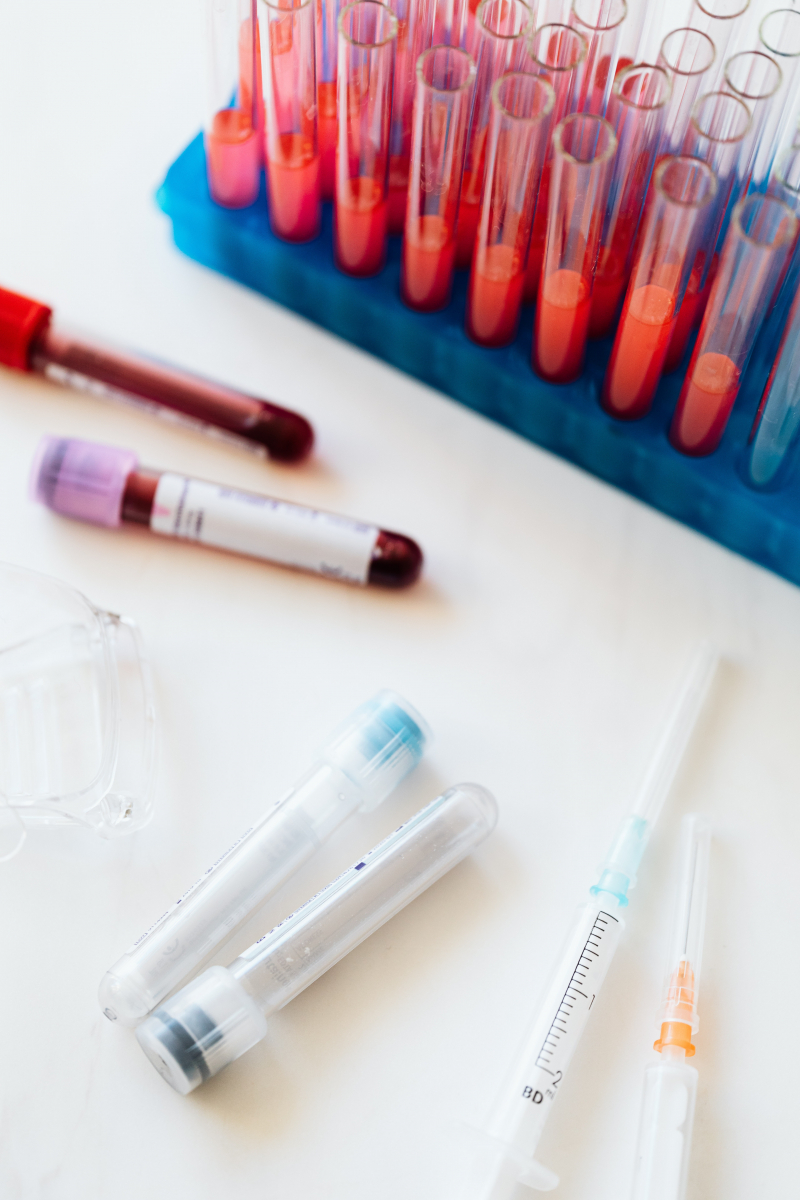
Photo by Karolina Grabowska from Pexels -
Clinical Laboratory Hematology, written by Shirlyn B. McKenzie, Lynne Williams, and Bernadette F. Rodak, is an essential guide for students and professionals in the field of hematology. The book, published by Pearson Science, provides a comprehensive overview of hematology and laboratory testing, including the principles of laboratory testing, hematopoiesis, and the interpretation of laboratory results.
Shirlyn B. McKenzie, the lead author of Clinical Laboratory Hematology, is a professor and director of the Medical Laboratory Science Program at the University of Hawaii. She has over 30 years of experience in the field of medical laboratory science and has authored numerous publications in hematology and laboratory science. Lynne Williams, the second author, is an associate professor and director of the Medical Laboratory Science Program at the University of North Carolina at Chapel Hill. Bernadette F. Rodak, the third author, is a professor of laboratory medicine and pathology at the University of Minnesota Medical School.
The book is organized into four sections: Basic Hematology Principles and Techniques, Hematopoiesis and Disorders of Erythroid and Megakaryocytic Origin, Leukocytes and Leukocyte Disorders, and Hemostasis and Thrombosis. Each section contains detailed information on laboratory testing procedures, normal and abnormal values, and diagnostic criteria for a variety of hematologic disorders. The book also includes case studies and review questions to help students and professionals apply their knowledge to real-world scenarios.
In summary, Clinical Laboratory Hematology is a comprehensive and authoritative guide to hematology and laboratory testing. Its detailed coverage of laboratory testing procedures and diagnostic criteria make it an invaluable resource for students and professionals in the field.
Author: Lynne Williams and Shirlyn McKenzie Ph.D. CLS (NCA)
Link to buy: https://www.amazon.com/Clinical-Laboratory-Hematology-Pearson-Science/dp/0133076016/
Ratings: 4.6 out of 5 stars (from 145 reviews)
Best Sellers Rank: #905,666 in Books
#105 in Hematology (Books)
#129 in Laboratory Medicine (Books)
#520 in Pathology Clinical Chemistry (Books)
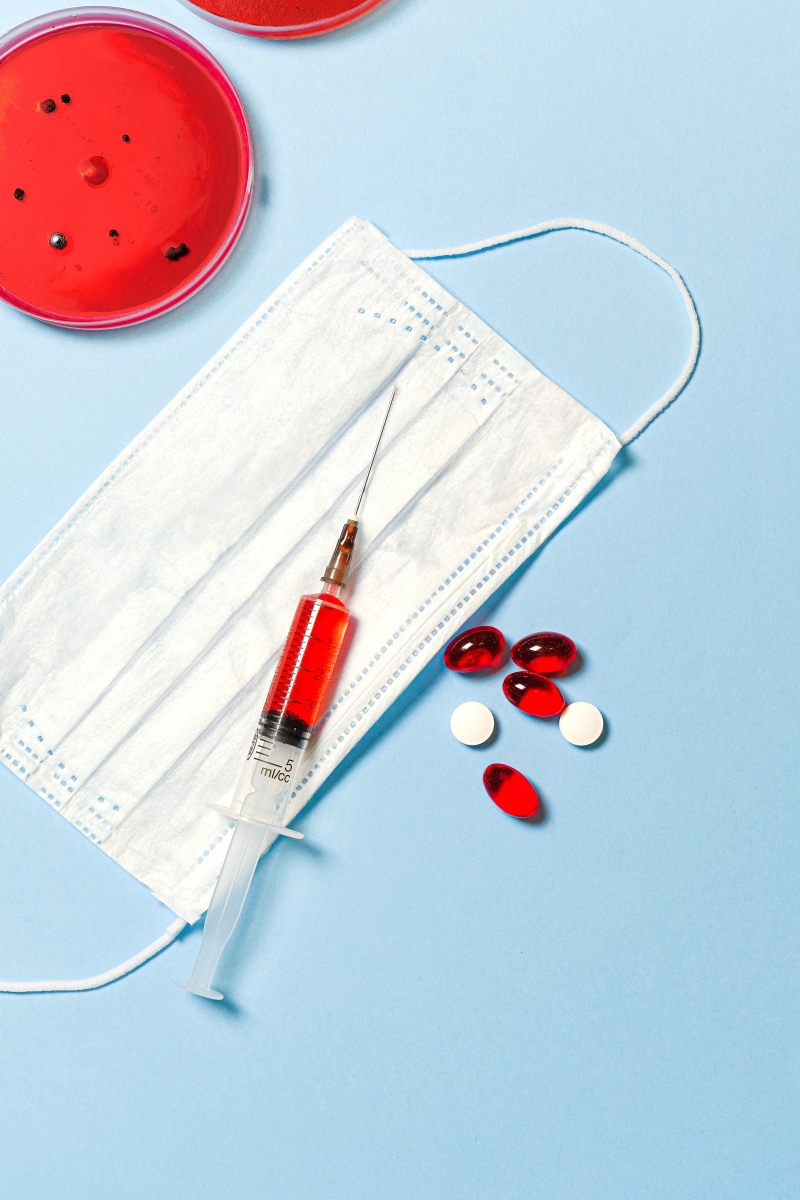
Photo by Anna Shvets from Pexels 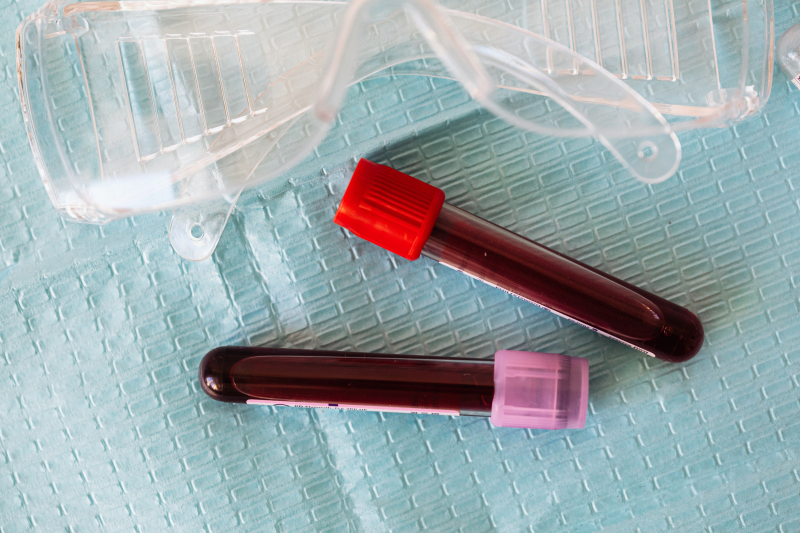
Photo by Karolina Grabowska from Pexels -
Hematology is a specialized field of medicine that deals with the study of blood and blood-forming tissues, including the diagnosis and treatment of blood disorders. Hoffbrand's Essential Haematology, authored by David P. Steensma and Victor Hoffbrand, is considered one of the best books on this subject. It is a comprehensive and accessible resource for medical students, residents, and practicing physicians who want to gain a deeper understanding of hematologic diseases.
David P. Steensma is a renowned hematologist and a professor of medicine at Harvard Medical School. He has authored numerous scientific papers and book chapters on hematologic malignancies and bone marrow failure syndromes. Victor Hoffbrand is a professor of hematology at University College London and has over 40 years of experience in the field of hematology. He is the co-founder of the renowned textbook, Postgraduate Haematology.
Hoffbrand's Essential Haematology is now in its 8th edition, and it provides an up-to-date and concise overview of the key principles and concepts in hematology. The book covers a wide range of topics, including the physiology and pathology of blood cells, bleeding disorders, thrombotic disorders, and hematologic malignancies. The authors use a clear and concise writing style, making the book easy to understand for students and healthcare professionals alike.
The book's numerous illustrations, tables, and diagrams provide a visual aid to understanding complex concepts. Additionally, the book includes case studies, review questions, and clinical scenarios that help readers apply the information in real-world situations. With its comprehensive coverage and user-friendly approach, Hoffbrand's Essential Haematology is an invaluable resource for anyone seeking to understand hematologic diseases and also is one of the best books on hematology.Author: David P. Steensma and Victor Hoffbrand
Link to buy: https://www.amazon.com/Hoffbrands-Essential-Haematology-Essentials-Hoffbrand/dp/1119495903/l
Ratings: 4.7 out of 5 stars (from 98 reviews)
Best Sellers Rank: #865,298 in Books
#25 in Hematology (Books)
#417 in Family Practice Medicine
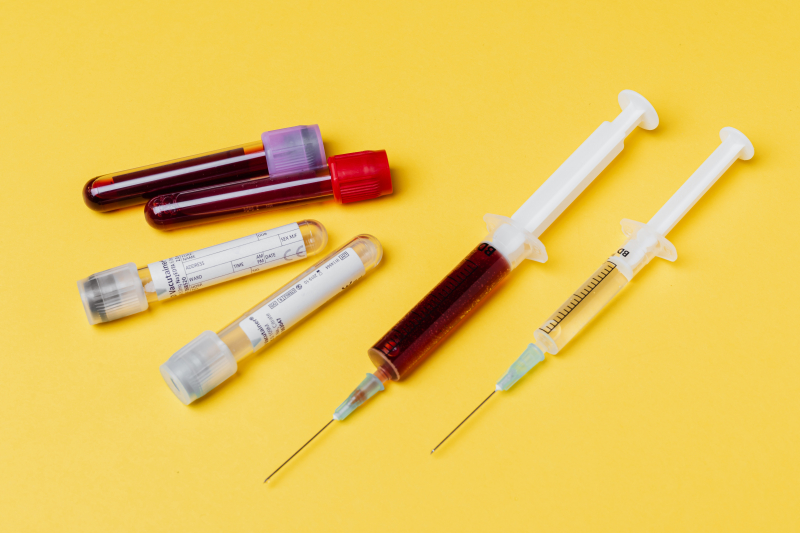
Photo by Karolina Grabowska from Pexels 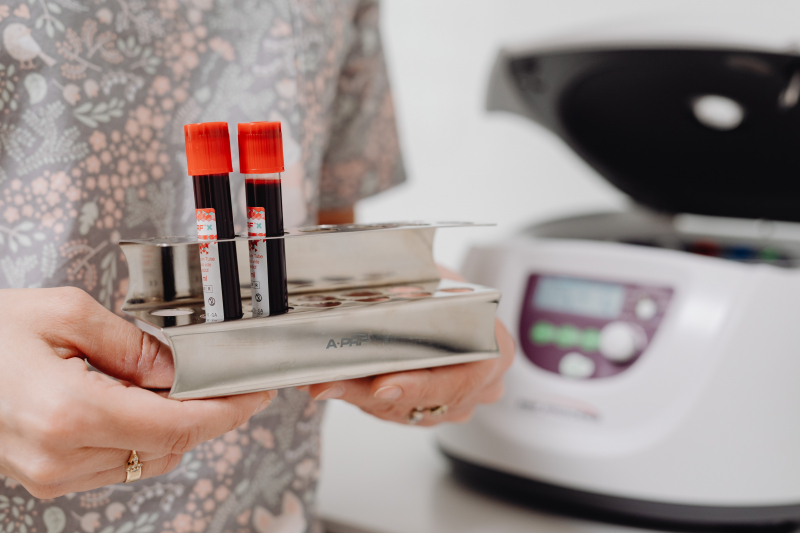
Photo by Karolina Grabowska from Pexels -
Hematology is a branch of medical science that deals with the study of blood and blood-forming tissues. It involves the diagnosis, treatment, and prevention of diseases related to blood cells, such as anemia, leukemia, and other blood disorders. To master this field of study, one must have a deep understanding of the complex processes that take place in the blood and the various laboratory techniques used to analyze it. Hematology in Practice by Betty Ciesla, published by F.A. Davis Company, is an excellent resource for anyone interested in learning about hematology.
Betty Ciesla is an experienced medical laboratory scientist who has worked in various clinical laboratories for over 30 years. She holds a Bachelor of Science degree in Medical Technology and is certified by the American Society of Clinical Pathologists (ASCP). Ciesla has also worked as a Hematology Technical Consultant and has been actively involved in training and education in the field of hematology.
Hematology in Practice is a comprehensive guide to the principles and techniques of hematology. The book covers the basics of blood cell formation, function, and structure, as well as the different types of blood cells and their roles in the body. It also includes detailed information on laboratory procedures, including sample collection, preparation, and analysis. The book provides clear explanations of laboratory test results, their significance, and their use in the diagnosis of hematologic disorders.
The book is written in an easy-to-understand language and includes numerous full-color images, diagrams, and tables that enhance the learning experience. The author provides practical tips and suggestions for laboratory procedures, troubleshooting, and quality control. Hematology in Practice is an essential resource for medical laboratory scientists, hematologists, physicians, and other healthcare professionals who deal with the diagnosis and treatment of blood disorders.
Author: Betty Ciesla MS MT(ASCP)SHCM
Link to buy: https://www.amazon.com/Hematology-Practice-Betty-Ciesla-ASCP/dp/0803668244/
Ratings: 4.6 out of 5 stars (from 83 reviews)
Best Sellers Rank: #574,593 in Books
#18 in Hematology (Books)
#104 in Medical Technology (Books)
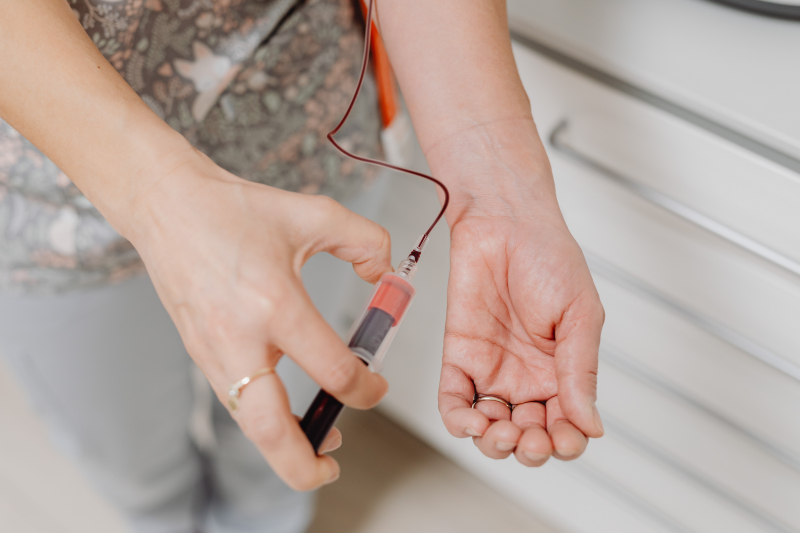
Photo by Karolina Grabowska from Pexels 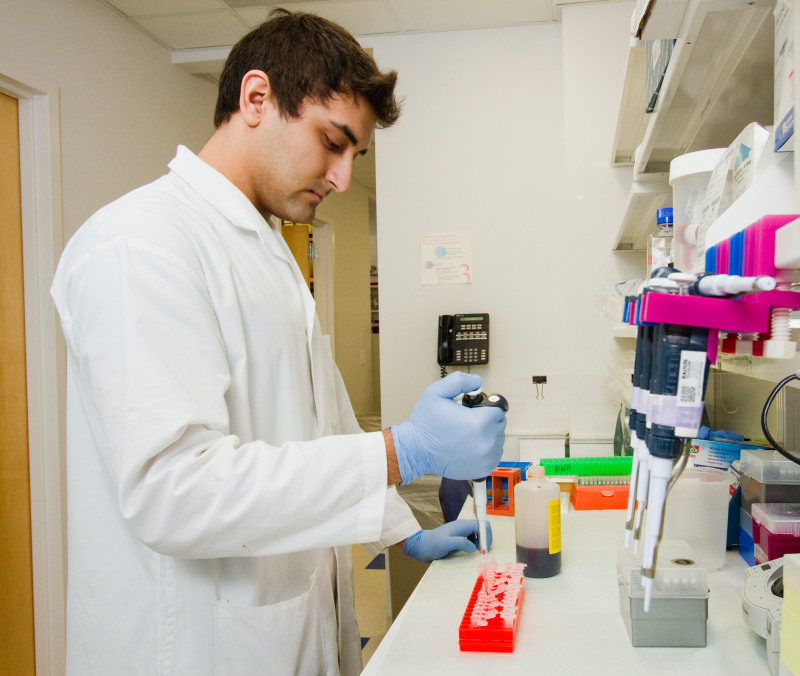
Photo by National Cancer Institute on Unsplash -
Clinical Hematology Atlas is a comprehensive guide to the clinical and laboratory aspects of hematology, written by Bernadette F. Rodak, PhD, and her colleagues. Dr. Rodak is a Professor Emerita of Laboratory Medicine and Pathology at the University of Minnesota, where she taught and conducted research for over 30 years. She is also the author of several other books and publications in the field of hematology.
The Clinical Hematology Atlas is designed to be a practical resource for healthcare professionals who need to interpret hematological data and make accurate diagnoses. The book features over 400 high-quality color images of blood and bone marrow cells, along with detailed descriptions and explanations of each cell type. The images are arranged in an easy-to-use format that allows readers to quickly identify and compare different cell types.
In addition to the image atlas, the book includes concise explanations of laboratory tests and procedures, as well as the interpretation of results. The text covers a wide range of topics, from the basics of blood cell formation to the diagnosis and treatment of hematological disorders. The book also includes chapters on special topics such as flow cytometry, molecular diagnostics, and coagulation.
Overall, Clinical Hematology Atlas is a valuable resource for healthcare professionals who need to interpret hematological data and make accurate diagnoses. The book's clear and concise explanations, combined with its high-quality images, make it an essential reference for anyone working in the field of hematology.
Author: Jacqueline H. Carr MS MLS and Bernadette F. Rodak MS MLS
Link to buy: https://www.amazon.com/Clinical-Hematology-Atlas-Bernadette-Rodak/dp/1455708305/
Ratings: 4.6 out of 5 stars (from 92 reviews)
Best Sellers Rank: #1,610,605 in Books
#62 in Hematology (Books)
#291 in Medical Technology (Books)
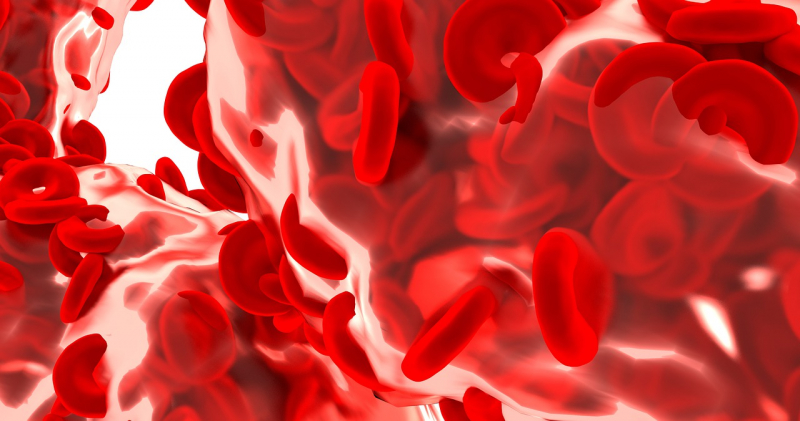
Image by Narupon Promvichai from Pixabay 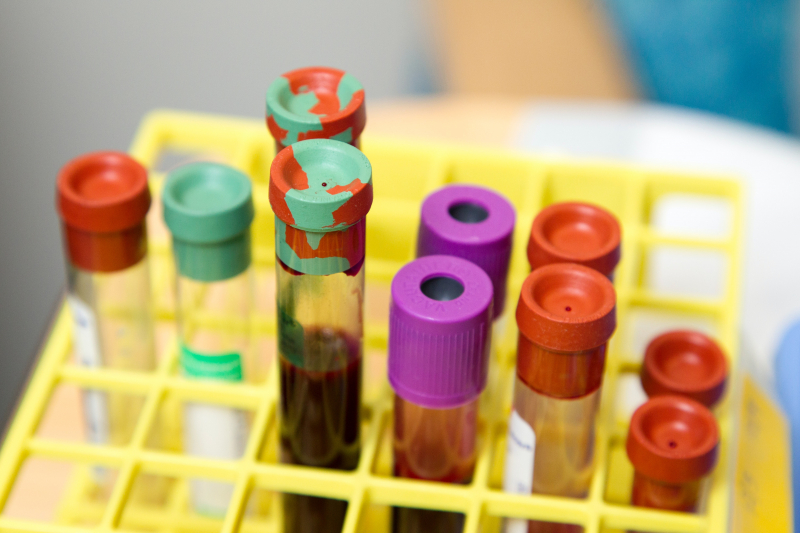
Photo by National Cancer Institute on Unsplash -
Clinical Hematology Made Ridiculously Simple, authored by Stephen Goldberg M.D., is a concise and accessible guide to the fundamentals of hematology. Dr. Goldberg is a board-certified hematologist and oncologist with over 30 years of experience in the field. He has written several books on hematology and is known for his ability to explain complex concepts in a simple and easy-to-understand way.
The book is now in its 5th edition and has become a popular resource for medical students, residents, and practicing physicians who need a quick and practical review of hematology. Clinical Hematology Made Ridiculously Simple covers a broad range of topics, including the physiology and pathology of blood cells, bleeding disorders, thrombotic disorders, and hematologic malignancies.
The book is written in a conversational style that engages the reader and makes the material more approachable. The author uses humor and simple analogies to explain complex concepts, making the book a fun and enjoyable read. The book is also filled with mnemonics, illustrations, and tables that aid in memorization and understanding.
One of the unique features of Clinical Hematology Made Ridiculously Simple is its focus on clinical correlations. The book emphasizes the practical application of the concepts in real-world scenarios, making it an invaluable resource for medical students and residents preparing for clinical rotations.
Overall, Clinical Hematology Made Ridiculously Simple is an excellent resource for anyone seeking to understand the basics of hematology in a fun, engaging, and practical way.Author: Stephen Goldberg M.D.
Link to buy: https://www.amazon.com/Clinical-Hematology-Made-Ridiculously-Simple/dp/1935660470/
Ratings: 4.5 out of 5 stars (from 149 reviews)
Best Sellers Rank: #16,087 in Books
#1 in Hematology (Books)
#1 in Oncology (Books)
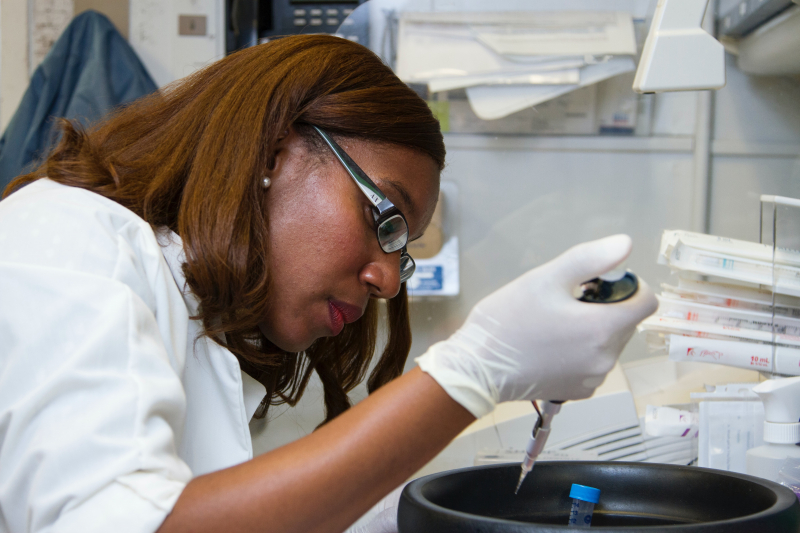
Photo by National Cancer Institute on Unsplash 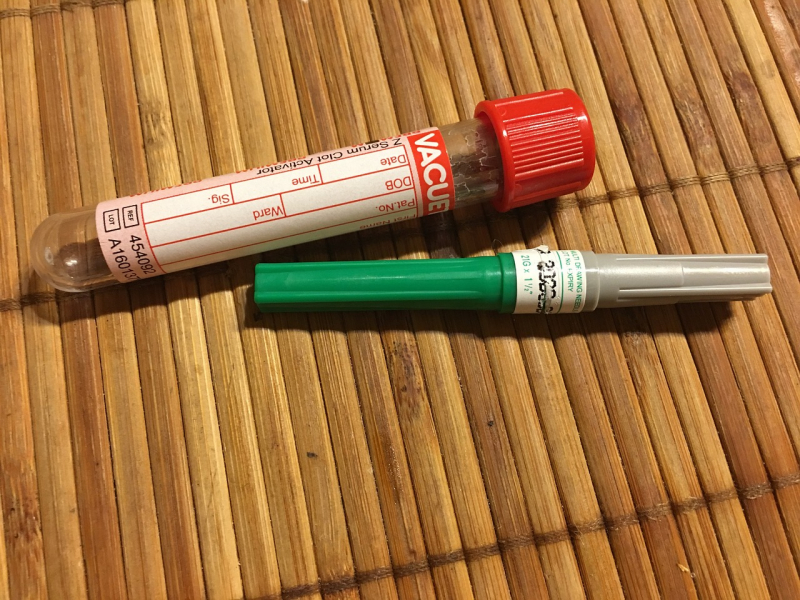
Image by Anna from Pixabay












